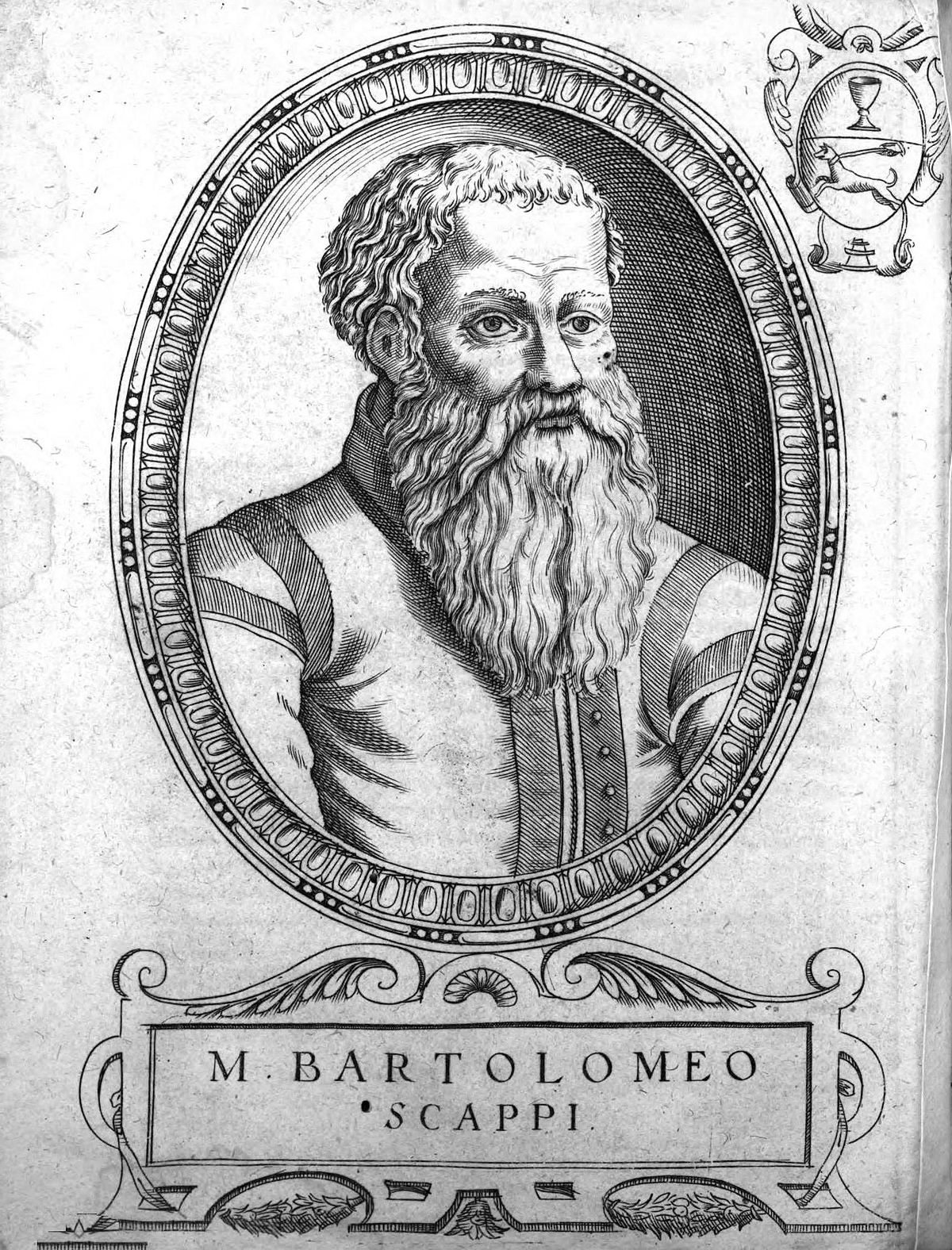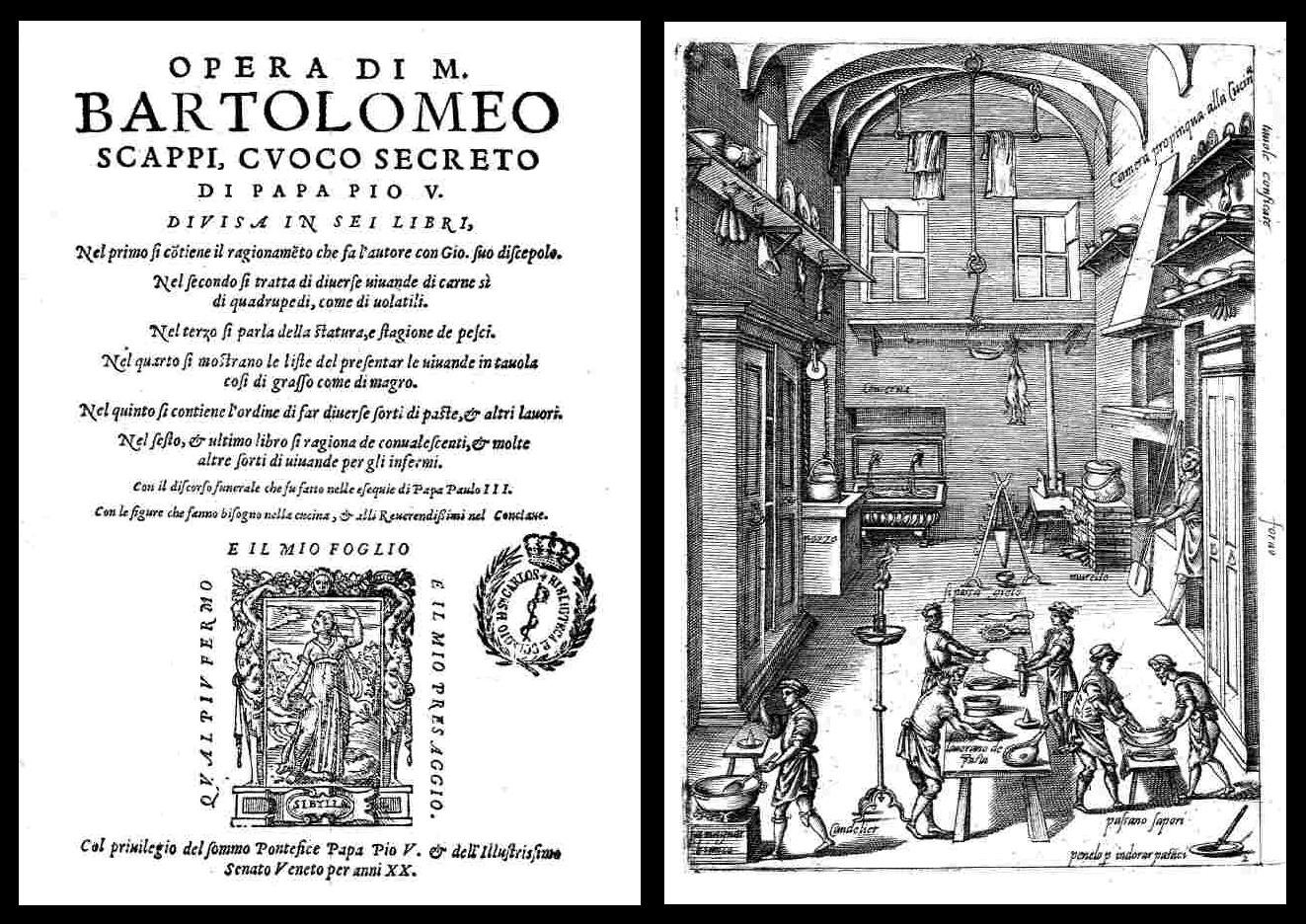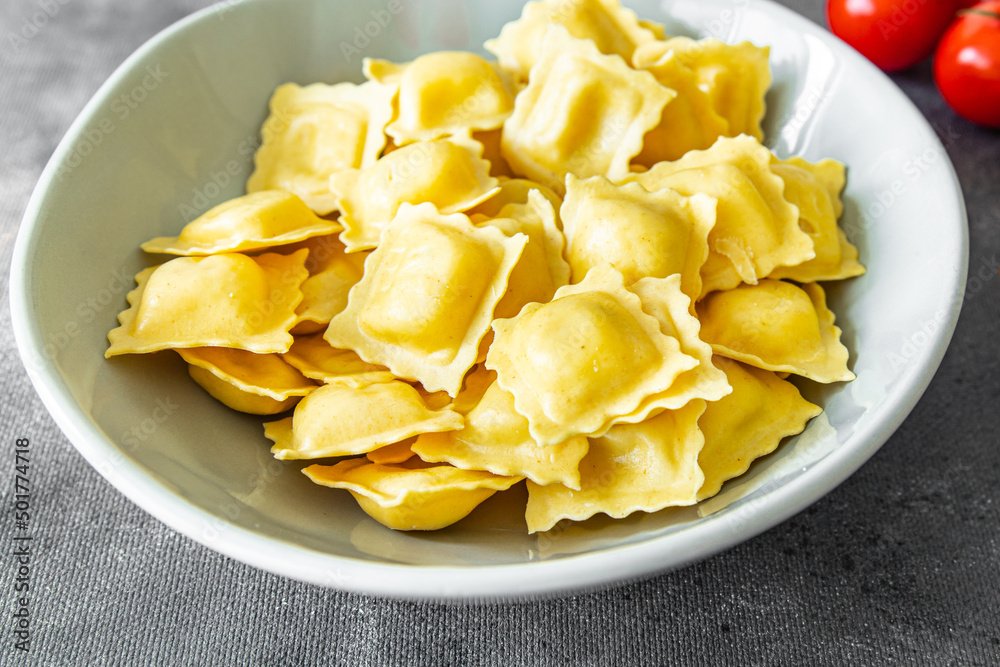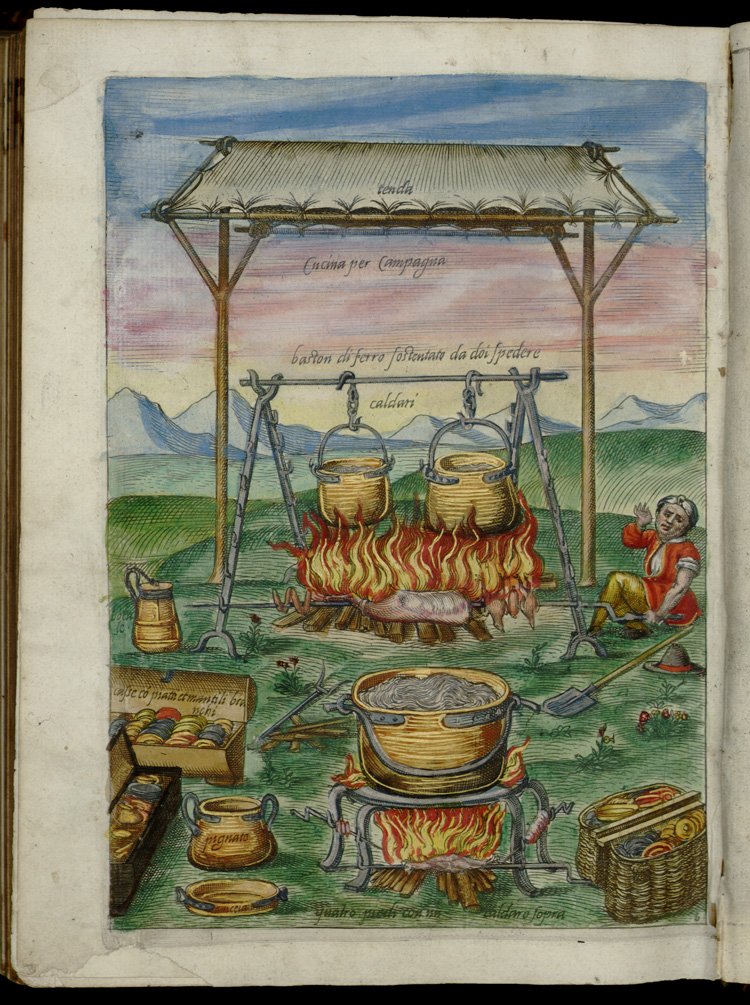Bartolomeo Scappi: the first celebrity Chef
Bartolomeo Scappi was a master chef and a culinary innovator who revolutionized the way we approach food. Born in Italy in 1500 in the town of Dumenza, Lombardi. Scappi's culinary career began as a humble kitchen boy, but his passion for cooking and dedication to his craft quickly propelled him to become one of the most influential chefs of his time.
Scappi worked in the kitchens of several wealthy families and even cooked for several popes before becoming the head chef at the Vatican. During his time there, he cooked for some of the most powerful people in the world, including kings, cardinals, and ambassadors.
Scappi was known for his extravagant feasts and was often asked to cook for large-scale events and celebrations. In fact, one of his most famous feasts was a 13-course meal that he prepared for the coronation of Pope Pius V in 1566. The meal featured an array of exotic and rare ingredients, including peacock, swan, and elephant trunk.
But Scappi's influence on the culinary world extended far beyond his time at the Vatican. He wrote a seminal cookbook, "Opera dell'Arte del Cucinare," which is considered one of the most important culinary texts in history. In fact, it was so influential that it remained in print for over two centuries, and many of the recipes and techniques he pioneered are still used by chefs today. It was the first cookbook to include extensive explanatory images was Bartolomeo Scappi’s Opera di M. Bartolomeo Scappi, cvoco secreto di Papa Pio V, divisa in sei libri (The work of M. Bartolomeo Scappi, private chef of Pope Pius V, divided into six books)
Scappi's cookbook was so popular in its time that it inspired a number of imitations and copycats. In fact, there were so many unauthorized copies of the book that Scappi was forced to take legal action to protect his intellectual property rights.
Bartolomeo Scappi's capon tortelletti, featured in his cookbook Opera (1570), is considered a milestone in Italian pasta history. These delicate pasta shapes are comparable to works of Renaissance art in their expression of the sublime.
The names tortelli, tortelletti, and tortellini all derive from the base form "torta," meaning cake. They are differentiated by their size and delicacy, indicated by the suffixes "elli," "etti," and "ini." While tortellini has come to refer specifically to a pasta shape and filling combination, tortelletti is no longer in use and tortelli now typically refers to round ravioli instead of square.
The term tortelli has been overshadowed by ravioli, which, in the past, referred to the filling inside the wrapper, rather than the pasta itself. Today, the pasta is considered an optional component. Nonetheless, Scappi's capon tortelletti remain a testament to the ingenuity and artistry of Italian pasta-making, and a reminder of the important role that food has played in Italian culture and history.
Scappi was a true innovator in the kitchen, and he is credited with developing many of the culinary techniques and practices that we take for granted today. For example, he was one of the first chefs to introduce the concept of the "mise en place," or having all ingredients and tools organized and ready before cooking. He also developed many of the basic techniques of modern pastry-making, including the use of sugar and butter.
But perhaps Scappi's greatest contribution to the culinary world was his emphasis on using fresh, high-quality ingredients. He understood that the quality of the ingredients was just as important as the skill of the chef, and he insisted on using only the finest meats, fish, and produce in his cooking. He also stressed the importance of seasonality, using only ingredients that were in season and at their peak of freshness.
Despite his many innovations, Scappi was a traditionalist at heart, and he remained committed to the classic Italian culinary traditions that had been passed down for generations. He believed that the key to great cooking was to start with the basics and build from there, always keeping the classic techniques and flavors in mind.
Scappi's influence on the culinary world is still felt today, and his legacy lives on in the kitchens of some of the world's best chefs. His commitment to quality ingredients, his focus on classic techniques, and his passion for the art of cooking are all qualities that continue to inspire and guide chefs around the world.
In conclusion, Bartolomeo Scappi was a culinary master who changed the way we approach food. His emphasis on quality ingredients, classic techniques, and his commitment to the art of cooking are qualities that continue to inspire chefs around the world today. His cookbook remains a classic of Italian cuisine, and his influence on the culinary world is still felt centuries after his death.





